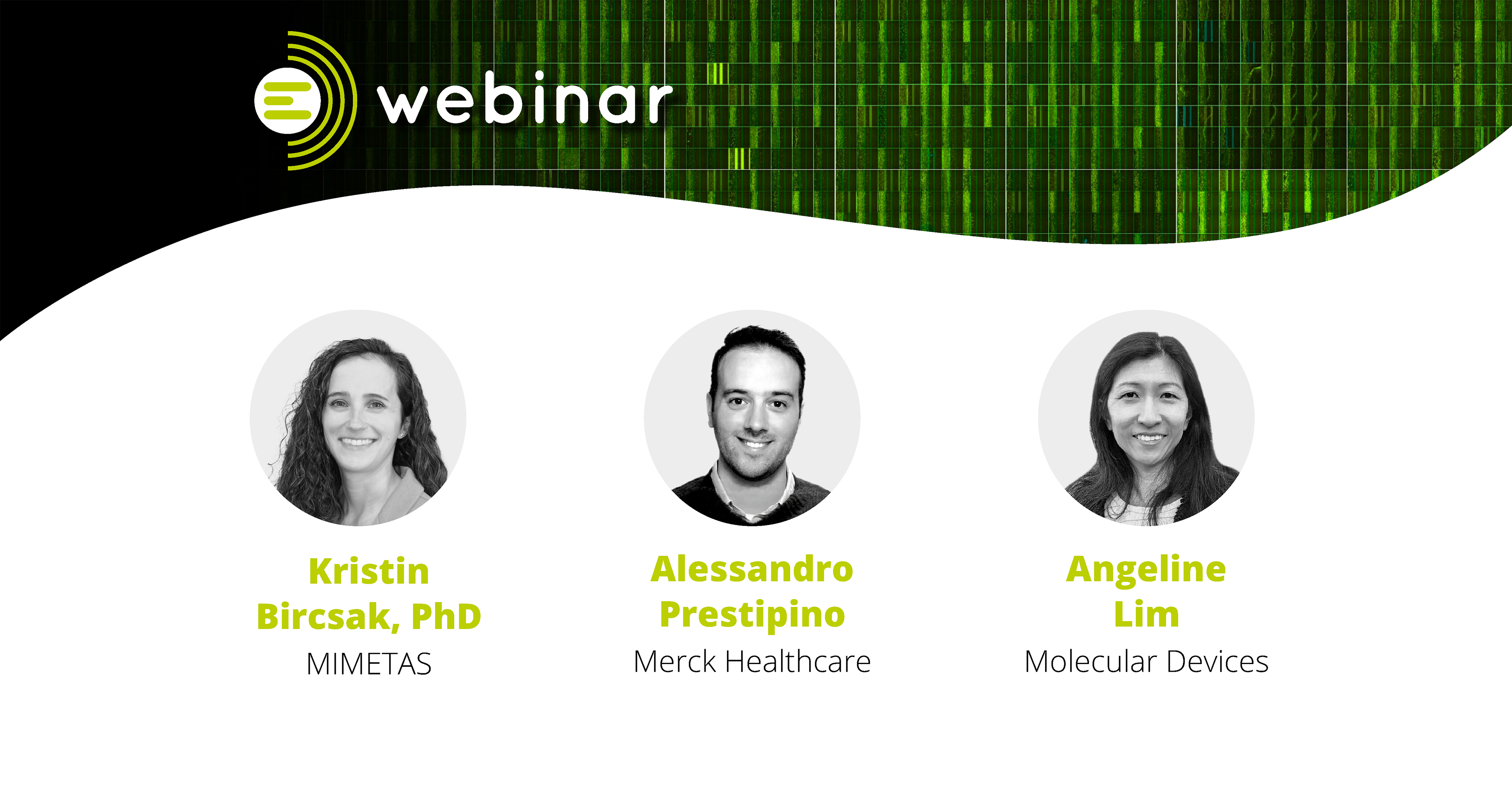Enhancing 3D Disease Models: Automated, High-throughput Phenotypic Screening with Organ-on-a-Chip

On-Demand WebinarTo enhance drug development & discovery, there is a critical need for biological model systems that better resemble human biology. Organ-on-a-Chip technology has shown its enormous potential to impact the drug discovery and development process. Most platform technologies are either based on single or small numbers of culture chips in dedicated surroundings - limiting their scalability and thus their utility for drug discovery studies… Until now.The OrganoPlate® platform is an Organ-on-a-Chip technology that enables scientists to develop physiologically relevant human (disease) models in a platform being fully compatible with automated and sophisticated imaging, as well as robotic handling and compound screening. Join us as we explore how Organ-on-a-Chip technology provides scientists with scaled-up and powerful new insights from relevant biological models and more accurate predictions on the safety and efficacy of investigational drugs in humans.Webinar highlights:- How Organ-on-a-Chip technology is improving the drug discovery and development process and its potential to replace animal testing- How to integrate a high-throughput screen of 1546 compounds on a 3D angiogenic sprouting assay- How a robust phenotypic endothelium-on-a-chip model was developed and used to establish a complex T-cell migration assay- How to scale-up your research with an automated OoC workflow that leverages high-throughput imaging and analysis
Enhancing 3D Disease Models: Automated, High-throughput Phenotypic Screening with Organ-on-a-Chip

Enhancing 3D Disease Models: Automated, High-throughput Phenotypic Screening with Organ-on-a-Chip
Watch our on-demand webinar and join us as we explore how Organ-on-a-Chip technology provides scientists with scaled-up and powerful new insights from relevant biological models and more accurate predictions on the safety and efficacy of investigational drugs in humans.

Enhancing 3D Disease Models: Automated, High-throughput Phenotypic Screening with Organ-on-a-Chip
Watch our on-demand webinar and join us as we explore how Organ-on-a-Chip technology provides scientists with scaled-up and powerful new insights from relevant biological models and more accurate predictions on the safety and efficacy of investigational drugs in humans.

Enhancing 3D Disease Models: Automated, High-throughput Phenotypic Screening with Organ-on-a-Chip
Watch our on-demand webinar and join us as we explore how Organ-on-a-Chip technology provides scientists with scaled-up and powerful new insights from relevant biological models and more accurate predictions on the safety and efficacy of investigational drugs in humans.

Enhancing 3D Disease Models: Automated, High-throughput Phenotypic Screening with Organ-on-a-Chip
Watch our on-demand webinar and join us as we explore how Organ-on-a-Chip technology provides scientists with scaled-up and powerful new insights from relevant biological models and more accurate predictions on the safety and efficacy of investigational drugs in humans.

Enhancing 3D Disease Models: Automated, High-throughput Phenotypic Screening with Organ-on-a-Chip
Watch our on-demand webinar and join us as we explore how Organ-on-a-Chip technology provides scientists with scaled-up and powerful new insights from relevant biological models and more accurate predictions on the safety and efficacy of investigational drugs in humans.

Enhancing 3D Disease Models: Automated, High-throughput Phenotypic Screening with Organ-on-a-Chip
Watch our on-demand webinar and join us as we explore how Organ-on-a-Chip technology provides scientists with scaled-up and powerful new insights from relevant biological models and more accurate predictions on the safety and efficacy of investigational drugs in humans.

Enhancing 3D Disease Models: Automated, High-throughput Phenotypic Screening with Organ-on-a-Chip
Watch our on-demand webinar and join us as we explore how Organ-on-a-Chip technology provides scientists with scaled-up and powerful new insights from relevant biological models and more accurate predictions on the safety and efficacy of investigational drugs in humans.

Enhancing 3D Disease Models: Automated, High-throughput Phenotypic Screening with Organ-on-a-Chip
Watch our on-demand webinar and join us as we explore how Organ-on-a-Chip technology provides scientists with scaled-up and powerful new insights from relevant biological models and more accurate predictions on the safety and efficacy of investigational drugs in humans.

